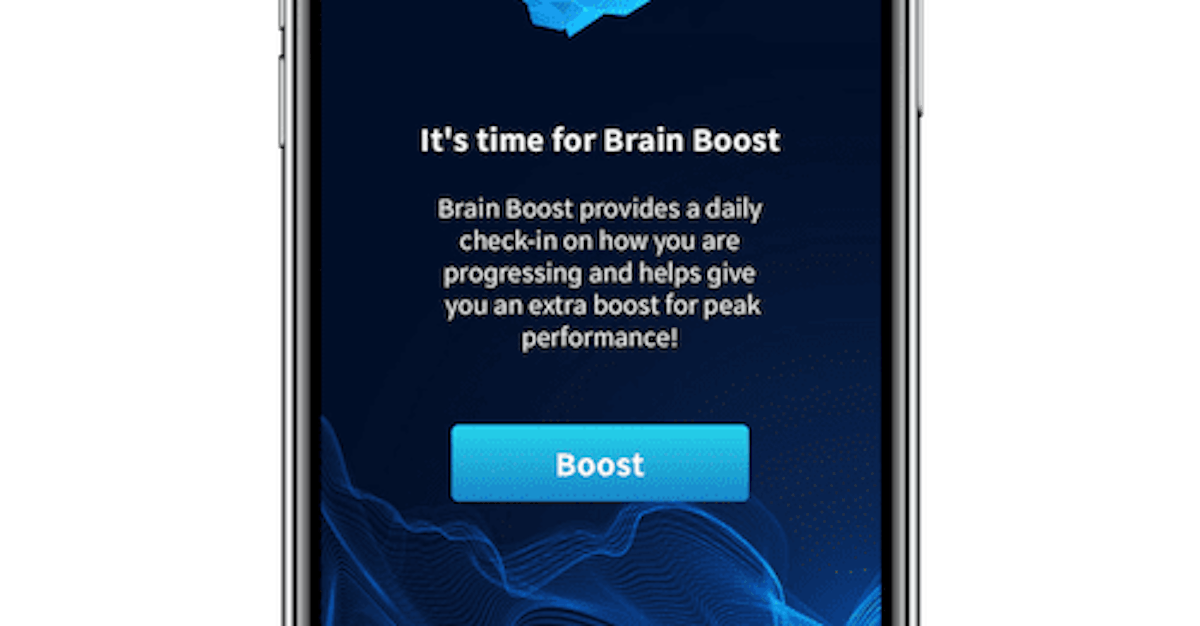Spaced Learning

Knowledge retention is obviously one of the biggest challenges all learners face when trying to study new things. Learners may be in a position to recall what they have learned immediately after they finish; however, this is not the case when you test them on the same questions months or years later.
What is Spaced Learning?
Thankfully, spaced repetition or spaced learning can solve this problem. It involves studying new things like foreign language, over a period of time in a manner that matches your brain’s functionality. Well, that’s a big compliment; but one may really ask, is spaced repetition effective?

Spaced Practice Psychology
Another benefit of spaced practice psychology is that it stops students or learners from forgetting. True, people forget new things over time, especially when it’s information they do not use regularly. Repeatedly reviewing the material learned during the learning process aids in preventing this.
The longer you are in touch with the new information (through frequent reviews), the duration you can retain it increases. This continues until the information is “permanently” stored in a person’s long-term memory.
Use the Best Spaced Learning App Today
No credit card required.
Highlights of spaced practice effectiveness
Various studies have been conducted to ascertain, is spaced repetition effective and affirming the effectiveness of this learning technique, but the true measure is hard to quantify. Nonetheless, spaced practice psychology studies have highlighted some significant benefits of using spaced learning when studying new material. They include:
- Learning or knowledge is retained over the long-term
- Active recall is far superior
- Helps prolong the forgetting curve
- A more effective learning method
These are easy learning techniques to apply. Nowadays, free training software automates much of the process while at the same time making its delivery more accurate.
Repetition and Learning Theory
Combining the benefits of repetition and learning theory gives spaced repetition. Spaced repetition counteracts the potential effects of Ebbinghaus’ forgetting curve, sometimes causing learners to forget information fed to them due to the introduction of too much content. Ebbinghaus’ research serves as scientific proof that spaced repetition is the key to long-lasting information to be easily recalled by learners. Read more about Ebbinghaus and the forgetting curve:
https://www.edapp.com/blog/ebbinghaus-forgetting-curve/
So, is spaced repetition effective?
Spaced repetition is a more effective technique for learning because it is in sync with the manner our brains function. Researchers have proven that the brain is not well adapted to storing lots of new information in short periods of times. That is why a learning techniques like cramming are unsuccessful, even though it is quite trendy with modern learners.

Specifically, cramming is ineffective when you try to analyse the long-term benefits. Using spaced learning, when studying, is more effective at realizing long-term knowledge retention. You can prove this in your own life – things you bump into regularly are much easier to recall than the ones you do not come across very often. In other words, the more often you review any type of information, the less likely you are to forget it.
If you’d like to learn more about EdApp’s Spaced Repetition feature, called Brain Boost, get in touch at enquiries@edapp.com. You can also try EdApp’s Mobile LMS for free by signing up here.
Related:
When to use spaced repetition
Spaced repetition and the forgetting curveSpaced repetition and the forgetting curve
How to create spaced repetitionHow to create spaced repetition
Spaced repetition and the forgetting curve
How to create spaced repetition
How to create spaced repetition
How to create spaced repetition
How spaced repetition works
Curated course examples
Author
